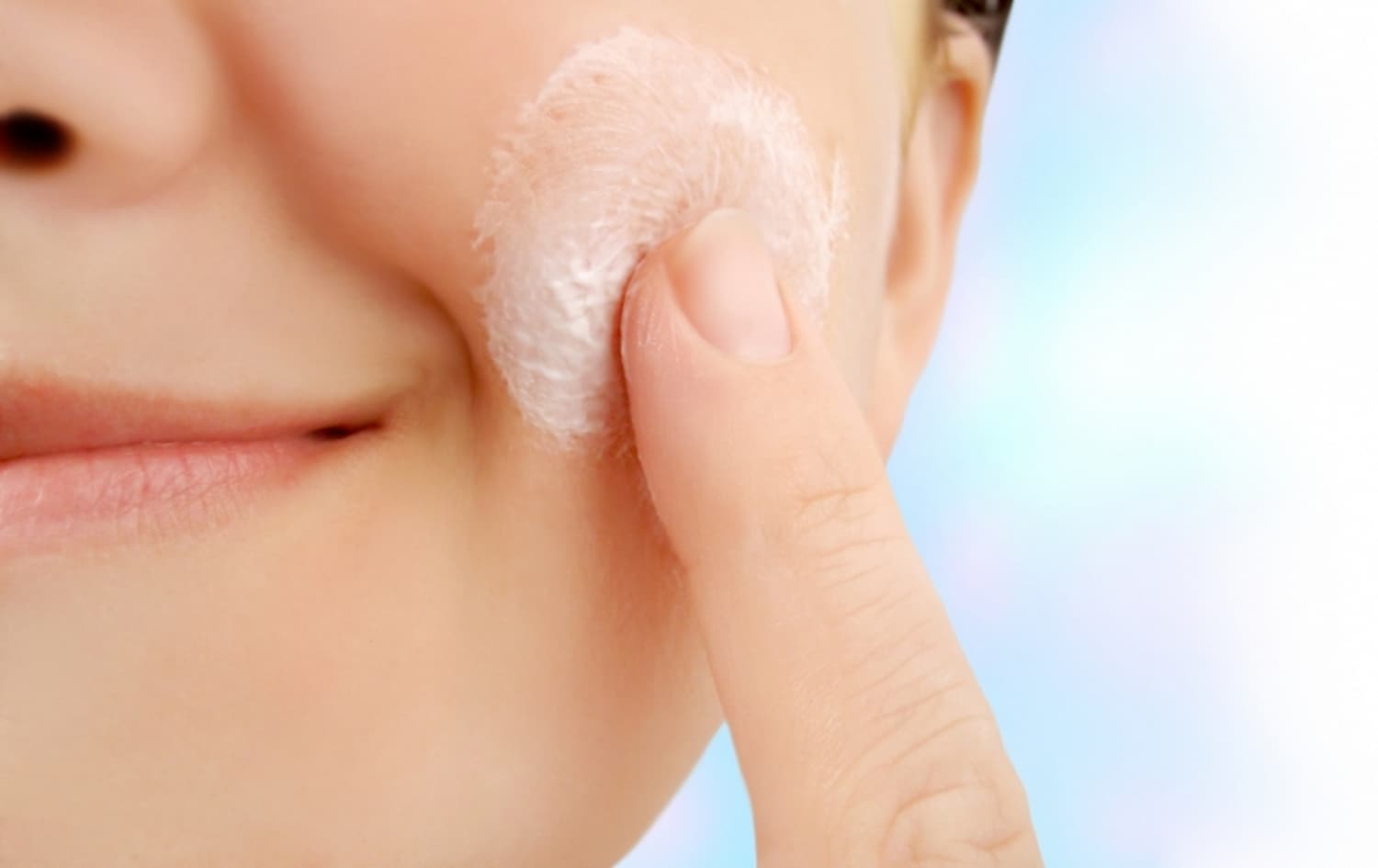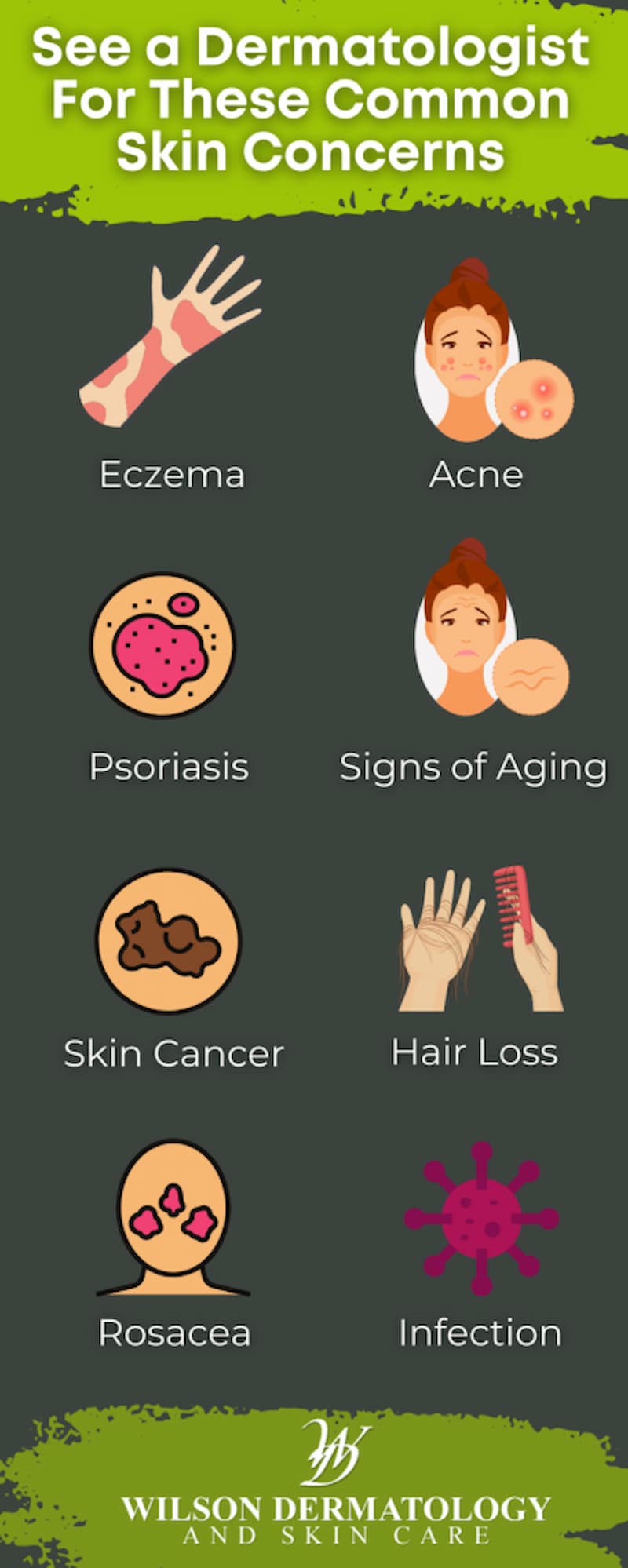
Dermatology is the branch of medicine that deals with skin diseases and skin health. Find out what dermatologists do, what treatments they use, and what type of skin conditions they can help with.
What is Dermatology?
Dermatology is concerned with the diagnosis and treatment of diseases of the skin, hair, nails and adjacent mucous membranes. A dermatologist is a skin specialist who has been trained to identify and treat common skin conditions, including those resulting from an autoimmune disease such as lupus, scleroderma and psoriasis. Dermatologists first go to medical school and then complete specialised training in a residency program. They may train to treat both children and adults, depending on their specialty and interest. Specialised training is received in the following areas:
- The diagnosis and treatment of skin cancers, melanomas, moles, and other tumours of the skin
- The management of contact dermatitis and other inflammatory skin disorders
- The diagnosis and treatment of skin manifestations of systemic and infectious diseases
- The surgical techniques used in dermatology
As well as these areas, dermatologists also treat cosmetic disorders of the skin, such as hair loss, scars, skin tags, age spots, and other skin issues associated with ageing. Some dermatologists opt to perform cosmetic work such as Botox or collagen injections.
Common Conditions That Dermatologists Treat
Dermatologists treat a wide variety of skin problems and provide everything from cosmetic treatments to medical dermatology, the latter of which is specially designed for medical conditions that affect the skin. People often consult a dermatologist for the following conditions and services:
- Eczema
- Acne vulgaris
- Brown spots on face
- Psoriasis
- Rosacea
- Fungal infections
- Atopic dermatitis
- Melanoma
- Cautery
- Laser hair removal
- Nail disease

Source: Wilson Dermatology
Treatments Used by Dermatologists
Dermatologists use several types of dermatological treatments in their practice, depending on the issue they are dealing with. Some of these include surgical procedures, ultraviolet light therapy, photodynamic therapy, laser therapy, drug treatment and topical therapy such as creams and lotions. Radiology may also be used in the case of skin cancers.
In cosmetic dermatology, this medical specialist can provide a wide range of cosmetic procedures for skin ageing and other problems. These range from creams to injections, to facial peels, to cosmetic dermatologic surgery, to laser therapy, and so on. When deciding on a treatment plan for a cosmetic problem, the type of problem, the treatments available, and the benefits and drawbacks of the treatment must all be considered.
Causes of Skin Changes
Everyone desires smooth, healthy skin. Unfortunately, different factors and circumstances in our lives cause skin cells to behave abnormally, leading to itchy skin, red spots, and the appearance of premature wrinkles, among other things. A chronic skin condition could also indicate a malfunctioning immune system. Skin changes can occur due to a number of reasons, and some of these include:
- Acne – a common skin condition that occurs during the teen years and can last into adulthood
- Pregnancy – during this period, dark patches can develop on the face but these usually go away after delivery
- Actinic keratosis – a type of coloured skin spot that is caused by too much sun exposure
- Allergic reactions – to medications or other substances
- Autoimmune diseases – such as lupus and scleroderma
- Reactions to a bite – such as a tick bite
- Bacterial skin infections – such as impetigo and cellulitis
- Viral infections – such as chickenpox or shingles
- Liver problems – such as hepatitis
Factors That May Affect the Skin
Eating refined foods, such as white flour and sugar, and the products made from them, as well as drinking tea, coffee or soft drinks can lead to wrinkles, unattractive skin and premature ageing. A lack of healthy blood can also affect the skin. Healthy blood adds a glow to the skin and keeps it well nourished, moist and free from dryness and roughness.
Cleansing is also very important to the skin. Dirt and other particles can hide in the pores of the skin and clog the sweat and sebaceous glands. Proper cleansing not only removes dust, dirt, makeup and grime that accumulate during the day but also stops the oil-secreting sebaceous glands from becoming clogged.
Diet is vital for good skin. The diet must include all of the nutrients required for good health – such as protein, carbohydrates, fats, essential fatty acids, vitamins and minerals. A diet that provides an abundant supply of vitamins A, B, C, D, E and K is far more effective than any range of skin care products at keeping the skin clear, supple and glowing. So, eat plenty of seeds, nuts, grains, vegetables and fruits, as well as supplement with skin-protective foods like milk, vegetable oils, yoghurt, honey and yeast.
You should always see a dermatologist if you have dermatological conditions that just won't go away no matter what you do. Dermatologists are not all created equal, so take the time to research each practitioner's background before consulting with any of them. You can also ask family members, friends or coworkers for recommendations.
Originally published on Dec 29, 2008








